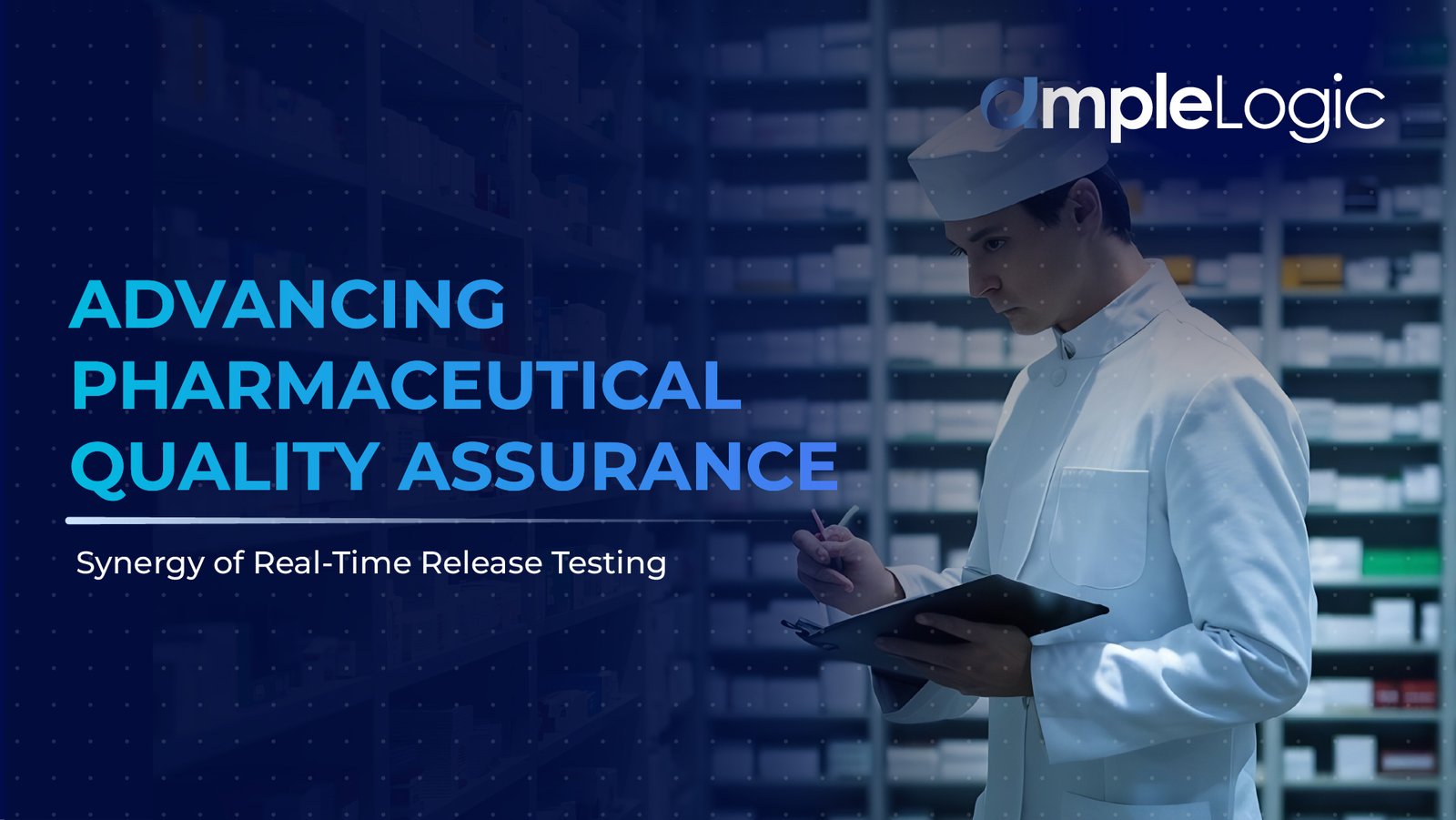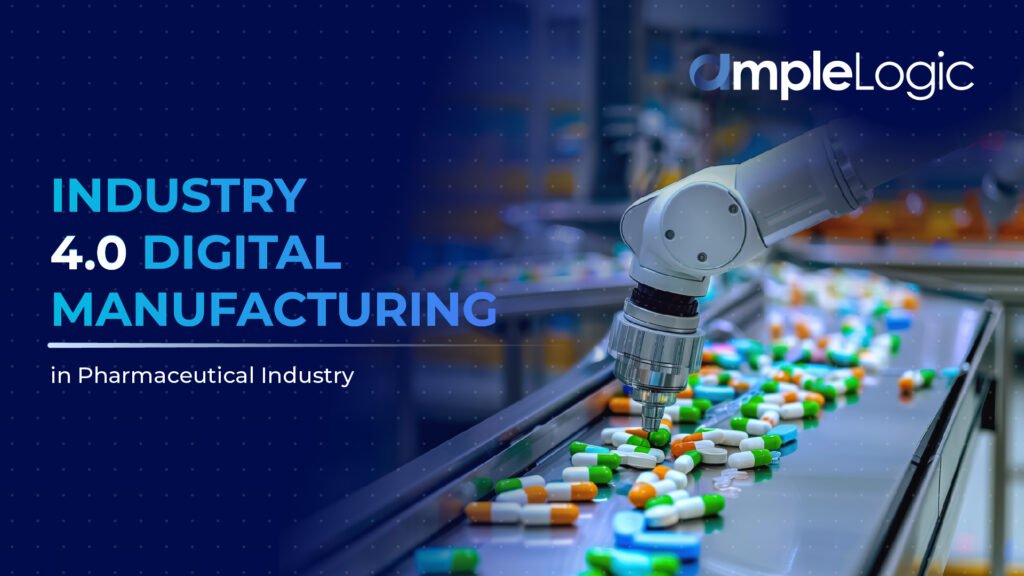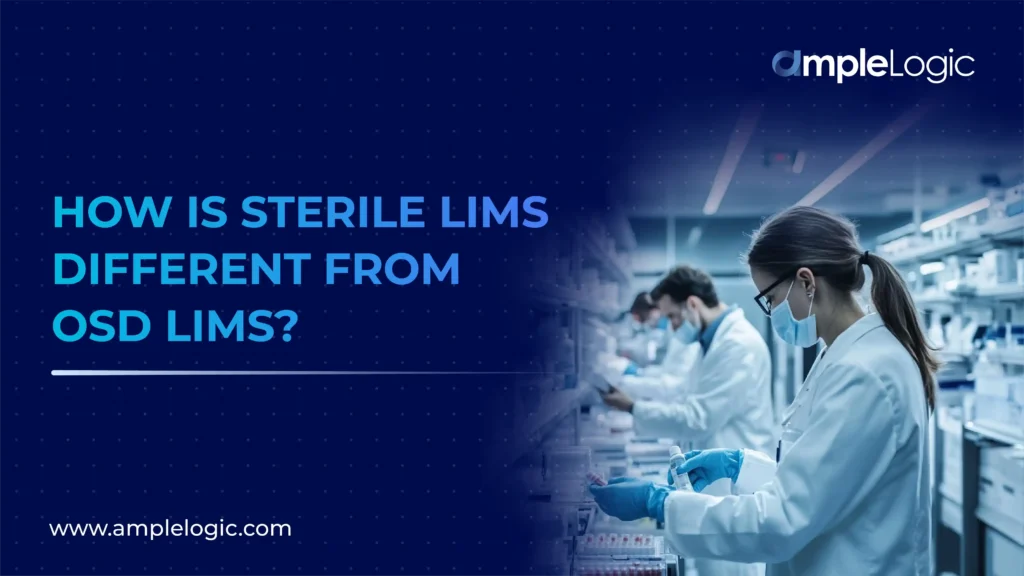Advancing Pharmaceutical Quality Assurance: Synergy of Real-Time Release Testing, Continued Process Verification and APQR

Guaranteeing safety, efficacy, and quality of drugs stands as utmost priority in the realm of pharmaceuticals. Previously, achieving this has leaned heavily on batch testing, where samples from each production batch undergo rigorous scrutiny before release. Yet, this method faces constraints, such as delays in product availability and the inability to detect certain deviations until after production.
To tackle these hurdles, the concept of Real-Time Release Testing (RTRT) has emerged, offering the promise of more prompt and effective release of pharmaceutical products. At the core of RTRT lies Continued Process Verification (CPV), facilitating ongoing assessment and assurance of product quality throughout the manufacturing process. By integrating Continued Process Verification feature in Annual Product Quality Review (APQR) software, we can conduct Real-Time Release Testing to evaluate product quality anytime with real-time data.
Understanding Real-Time Release Testing
Real-Time Release Testing entails utilizing in-process data, analytical tools, and process monitoring techniques to evaluate the quality of a pharmaceutical product during its manufacturing process. Unlike traditional batch testing, which hinges on post-production analysis, RTRT enables the assessment of Critical Quality Attributes (CQAs) in real time or near real time, potentially accelerating time-to-market.
The Role of Continued Process Validation (CPV)
Continued Process Verification serves as the linchpin of RTRT, embodying a proactive approach to ensuring the consistency and reliability of pharmaceutical manufacturing processes. CPV involves continually collecting and analyzing process data to gauge the performance of manufacturing processes and their capacity to consistently yield products of desired quality.
Key Components of Continued Process Verification
1. Process Monitoring: CPV hinges on continuous monitoring of Critical Process Parameters (CPPs) and CQAs throughout the manufacturing process. This is achieved using advanced process analytical technologies to collect real-time data collection methodologies.
For instance, an in-line NIR spectroscopy system monitors key parameters like the blend uniformity and content uniformity of APIs in real-time. This allows operators to adjust mixing times or ingredient additions immediately if deviations are detected. By continuously monitoring such parameters, manufacturers can detect deviations early and adjust their processes promptly.
2. Statistical Analysis: Data amassed during manufacturing are subjected to statistical methods to unearth trends, deviations, and potential issues that may impact product quality. Statistical Process Control (SPC) techniques, like control charts and multivariate analysis, aid in identifying and mitigating process variability.
For instance, plotting viscosity measurements over time and establishing control limits based on historical data, production can quickly assess if the viscosity exceeds acceptable limits.
3. Risk Management: CPV is a strategic approach that directs attention to critical aspects of the manufacturing process. It involves a systematic identification and assessment of potential threats to product quality. This proactive stance not only reinforces process control but also safeguards against inconsistencies that could lead to inefficiencies in resource utilization
Thus, integrating robust risk management practices within CPV not only ensures product consistency but also optimizes resource allocation, enhancing overall operational efficiency and quality assurance in pharmaceutical manufacturing.
AmpleLogic APQR : Synergy of Real-Time Release Testing & CPV
AmpleLogic APQR furnishes a comprehensive evaluation of product quality over time, scrutinizing trends, deviations, and avenues for enhancement. The solution offers Continuous Process Verification reports anytime you need them and for any number of batches. With CPV you can monitor real-time data and evaluate processes which contributes to Real-Time Release Testing. In doing so, AmpleLogic APQR software provides pharma businesses the ultimate tool to meet consistent product quality (CQA).
AmpleLogic APQR software captures data of various Critical Process Parameters (CPP) to generate these CPV reports. Herein, the Process Capability Index (CPK) is determined. If CPK is <1, process is Not Satisfactory, if it is between 1-1.33, process is satisfactory and if it is >1.33, process is highly satisfactory. After evaluation of processes, you can investigate the root cause of deviations or other quality issues and implement CAPA or Change Control using the integration capabilities of the system.
This helps you take prompt action to deliver excellent quality products. AmpleLogic APQR is also able to generate comparison CPV reports, i.e., prior CAPA implementation and after CAPA implementation. APQR acts as a springboard for pinpointing areas of improvement in pharmaceutical manufacturing processes, propelling continuous enhancement and ensuring compliance with regulatory requisites.
AmpleLogic APQR software uses the Nelson’s Rule for proper monitoring and controlling of process and providing opportunity for process improvement. It helps in detecting “Out of control” or Non-random conditions. This also enable in generating effective CPV reports.
- Generate CPV Reports using real-time data of any number of batches, supporting Real-Time Release Testing (RTRT)
- Capture Critical Process Parameters (CPPs) to generate CPV reports and determine Process Capability Index (CPK)
- Get CPK Assessment:
- CPK < 1: Process is not satisfactory
- 1 <CPK> = 1.33: Process is satisfactory
- 1.33 < CPK : Process is highly satisfactory
- Generates comparison CPV reports to evaluate the impact of CAPA implementation, Vendor Change or other quality management measure.
- Generate comparison reports between process validation batch and commercial batches
- Uses Nelson’s Rule for monitoring, detecting non-random conditions, and generating effective CPV reports, driving continuous process improvement and compliance.
- Ensures adherence to regulatory requirements through consistent product quality and process enhancement.
Embracing Continued Process Verification (CPV), Real-Time Release Testing (RTRT) in Annual Product Quality Review (APQR) signifies a paradigm shift in pharmaceutical manufacturing, veering away from traditional batch testing toward a more proactive and efficient approach to quality assurance.
By assimilating CPV principles and harnessing advanced analytical tools, manufacturers can enhance product quality, slash time-to-market, propel continuous improvement, and ultimately fortify patient safety. As the industry continues its evolution, CPV, RTRT meshed into the APQR software will assume an increasingly pivotal role in safeguarding the reliability and consistency of pharmaceutical products throughout their lifecycle.





























